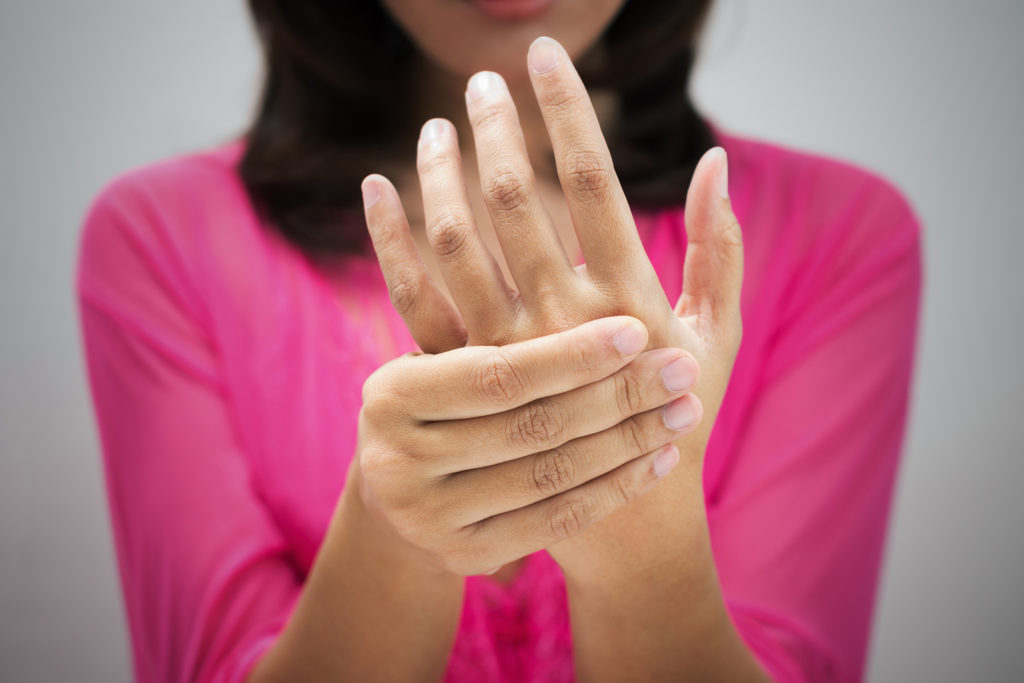Paresthesia – ever heard of it?
Also known as tingling extremities this isn’t one of the more common perimenopause or post-menopause signs, but when it strikes, it can be seriously seriously frustrating.
So, what exactly is paresthesia?
You know that weird numb, prickly sensation when your leg ‘falls asleep’ from sitting the wrong way? Then, when you move, you get that pins and needles rush? That’s paresthesia.
For some, it can also feel like a burning sensation or a short, sharp electric shock. Fun, right? (Not.)
Why does paresthesia happen?
As we always say, the signs of peri/menopause are linked to fluctuating hormones. Estrogen, in particular, plays a huge role in our nervous system, so when it dips, nerve function can get a little… unpredictable. Cue the tingling and numbness.
What can you expect?
Paresthesia can pop up at any time, but it’s more common at night. It often affects the hands, arms, legs, and feet—though no body part is off-limits.
What can you do?
Thankfully, there are some simple ways to ease the tingles. Try one or try them all (they’re only going to help!)
- Reduce anxiety and stress because these play havoc with the nervous system.
- Add omega-3s to your diet (think fish or flaxseed oil).
- Magnesium is a good tool – great for nerves and sleep as well.
- Soak in Epsom salts for an extra magnesium boost.
- Keep an eye on your B12 levels during peri and post-menopause as they can become low.
- Support your nervous system with a full spectrum of B vitamins especially B6 and B12.
- Add Merry Peri® and Perky Post® to your daily regime, the saffron is very calming and all of the ingredients are designed to support peri and post-menopause symptoms.
Need more support? We’re always here to help. 💙
Disclaimer: This article should never take the place of medical advice. If you are experiencing ongoing paresthesia, numbness or tingling please see your medical professional.







